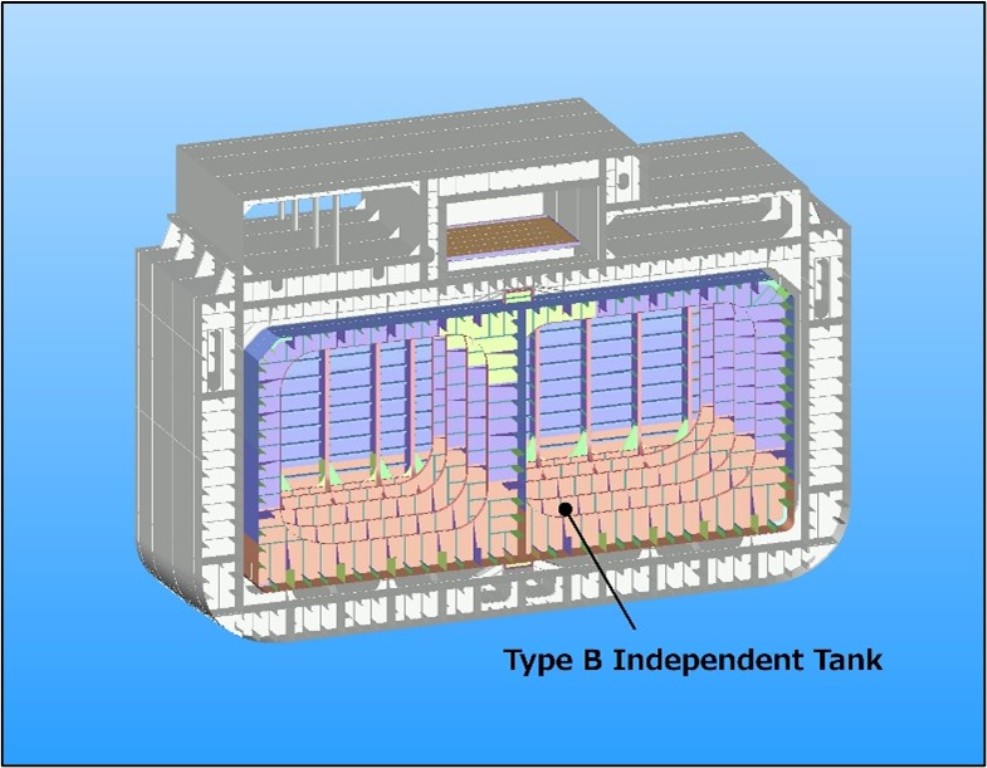Norway-based energy storage company Corvus Energy has received type approval from Japanese classification society ClassNK for a marine energy storage system (ESS), Orca ESS.
As informed, this is the first-ever marine battery to get this type approval since the ClassNK rules for marine energy storage systems came into effect in January 2023.
According to Corvus Energy, more than 600 vessels and port applications have an Orca system installed worldwide. The Orca ESS system is suitable for a variety of marine applications and vessel types.
The company has for long had a clear strategy to expand in the Japanese market and has established long-term collaboration and partnerships with Japanese corporations.
In 2021, Corvus Energy announced the founding of Sumisho Corvus Energy, a 50/50 joint venture with Sumitomo Corporation in order to be ready for the growing electrification of vessels in Japan and southeast Asia.
Corvus batteries are running onboard the harbor tugboat Taiga, an eco-friendly tug operating in the ports of Yokohama, and the world’s first zero-emission tanker vessels Asahi and Akari operating in Tokyo Bay.
The same year, the firm also revealed its partnership with Toyota Motor to develop marine fuel cells based on Toyota fuel cell technology.
Earlier on, Corvus Energy received type approval from compatriot classification society DNV for the cyber security notation on the control and monitoring system of the Orca ESS.
Tags: Class NK, Corvus Energy, Energy Storage, Orcs ESS



Recent Posts
TSUNEISHI Launches World’s First Methanol Dual-Fuel KAMSARMAX Bulk Carrier in the Philippines
Grimaldi Group Launches Ammonia-Ready Car Carrier Grande Shanghai in China
Incat Tasmania to Build Two Battery-Electric Ferries for Denmark’s Molslinjen
YamnaCo Signs MoU with Andhra Pradesh to Develop Large-Scale Green Hydrogen and Ammonia Project
WNTI and NEMO Sign MoU to Advance Nuclear-Powered Shipping and Mobile Nuclear Energy Solutions
TotalEnergies and CMA CGM Form Joint Venture for LNG Bunkering Operations in Rotterdam
Keel laid for Bibby Marine’s first zero-emission eCSOV
New Report Highlights Potential of Voluntary Insetting to Support Maritime Decarbonisation, Calls for Robust Safeguards